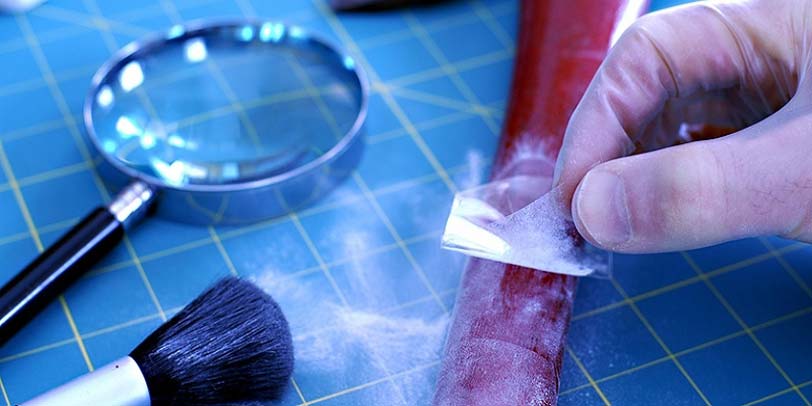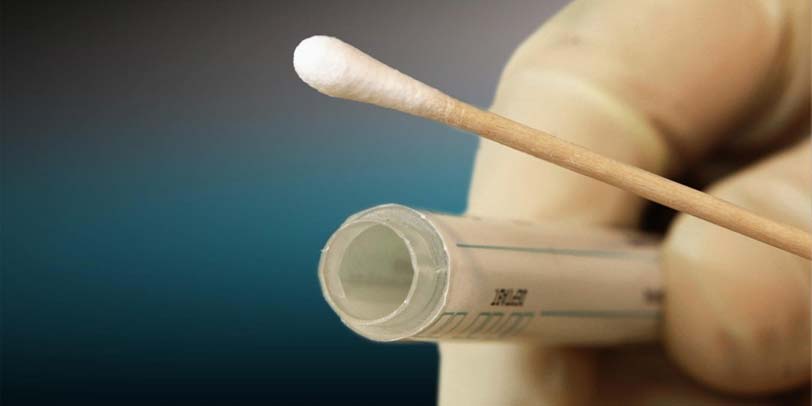In recent decades, the use of forensic science in criminal investigations has skyrocketed. In the media, TV crime dramas like CSI: Crime Scene Investigation portray forensic evidence collection and analysis as a flawless science that can quickly and accurately identify the perpetrator. Yet time and again, inaccurate or misleading forensic evidence and testimony has helped to convict the wrong person.
Dennis Fritz and Ron Williamson were convicted of a crime they didn’t commit based on microscopic hair comparison – a notoriously unreliable forensic test. Williamson was sent to death row and Fritz spent a decade in prison before DNA testing proved their innocence. Brandon Moon, another innocent man, went to prison for seventeen years after a state forensic crime lab analyst gave erroneous testimony at his trial.




